
Mountain daisy flower stock image. Image of focus, countryside 72960387
To a Mountain Daisy Summary In the first stanza, the poet comes across the crushed stem of a daisy flower and acknowledges its position in the surrounding area and the world, while establishing his own relationship with it.

Mountain Daisy (Celmisia semicordata) of Mt. Cook. Pretty large plant
Lasianthaea Macrocephala, commonly known as the Mountain daisy, is a flowering plant species that belongs to the Asteraceae family. This plant is native to the mountains of New South Wales, Australia. It is a perennial herb that grows up to 30 centimeters tall and 30 centimeters wide.
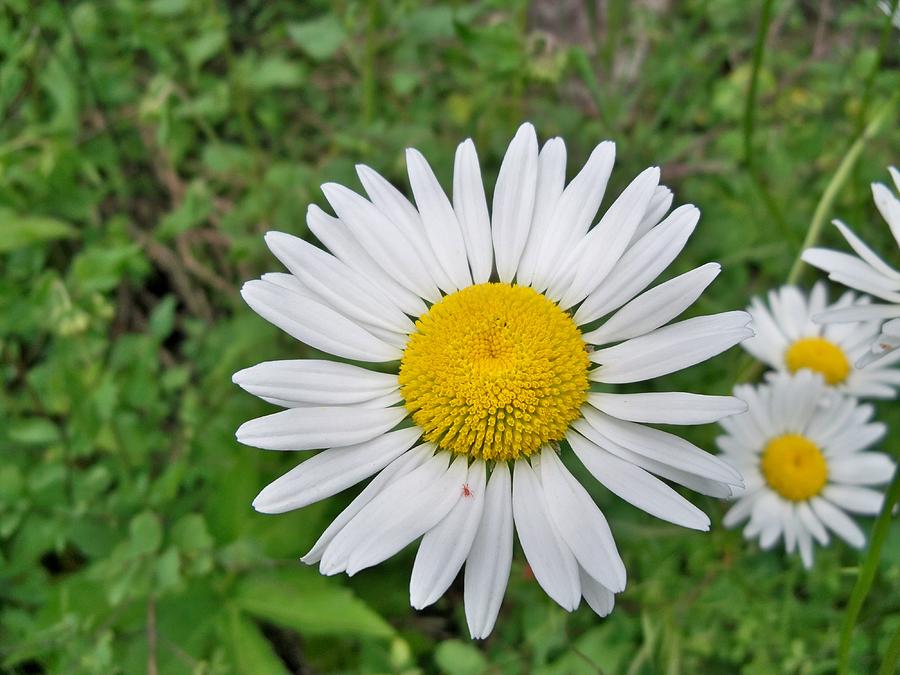
Amazing Mountain Daisy Photograph by Andrea Eckas Fine Art America
To a Mountain Daisy By Robert Burns On Turning One Down with the Plow, in April, 1786 Wee, modest, crimson-tippèd flow'r, Thou's met me in an evil hour; For I maun crush amang the stoure Thy slender stem: To spare thee now is past my pow'r, Thou bonie gem. Alas! it's no thy neibor sweet, The bonie lark, companion meet,
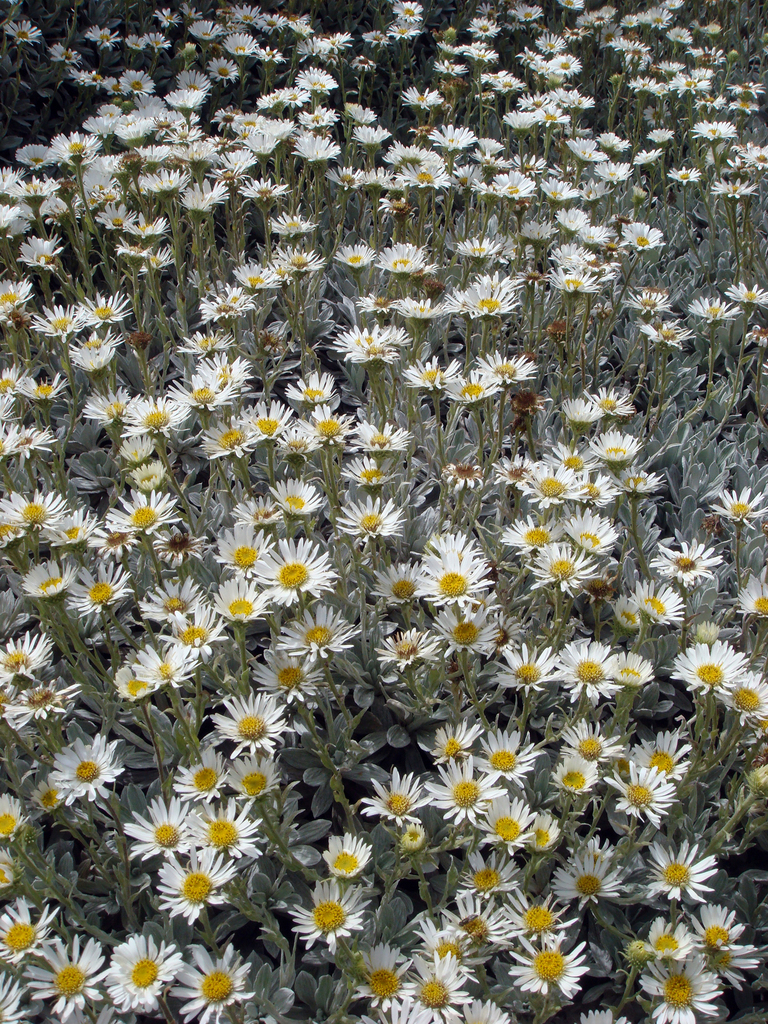
White Mountain Daisy from Mt Ruapehu, Makatote Headwaters on February
If you write a school or university poetry essay, you should Include in your explanation of the poem: summary of To A Mountain Daisy; central theme; idea of the verse; history of its creation; critical appreciation. Pay attention: the program cannot take into account all the numerous nuances of poetic technique while analyzing.

Walking Arizona Mountain Daisies
Common Names: Mountain Daisy, New Zealand Daisy, New Zealand Aster. Life Cycle: Hardy perennial., Half hardy perennial. Height: 4 to 36 inches (10 to 90 cm). Family: Asteraceae. Native: Australasia. Growing Region: Zones 5 to 10. Flowers: Early and Middle of summer. Flower Details: White rays, Yellow discs. Daisy-like ray and disc florets.
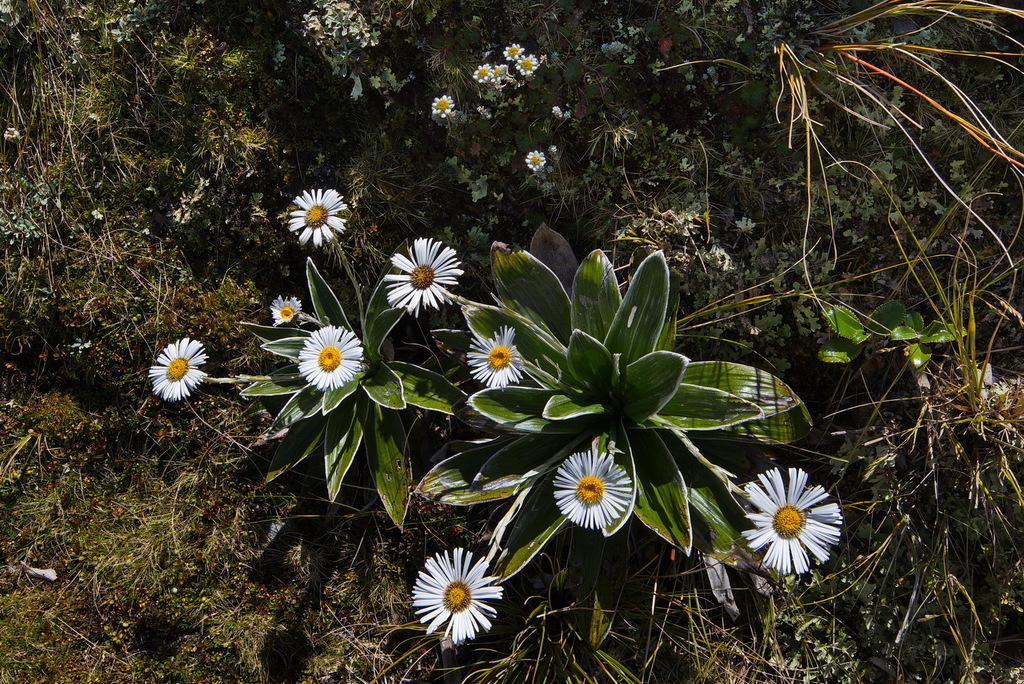
Large Mountain daisy from Croesus Knob, Southern Paparoa Range, New
To A Mountain Daisy. ON TURNING ONE DOWN WITH THE PLOUGH IN. APRIL, 1786. [This was not the original title of this sweet poem: I have a copy in the handwriting of Burns entitled "The Gowan." This more natural name he changed as he did his own, without reasonable cause; and he changed it about the same time, for he ceased to call himself Burness and his poem "The Gowan," in the first edition of.
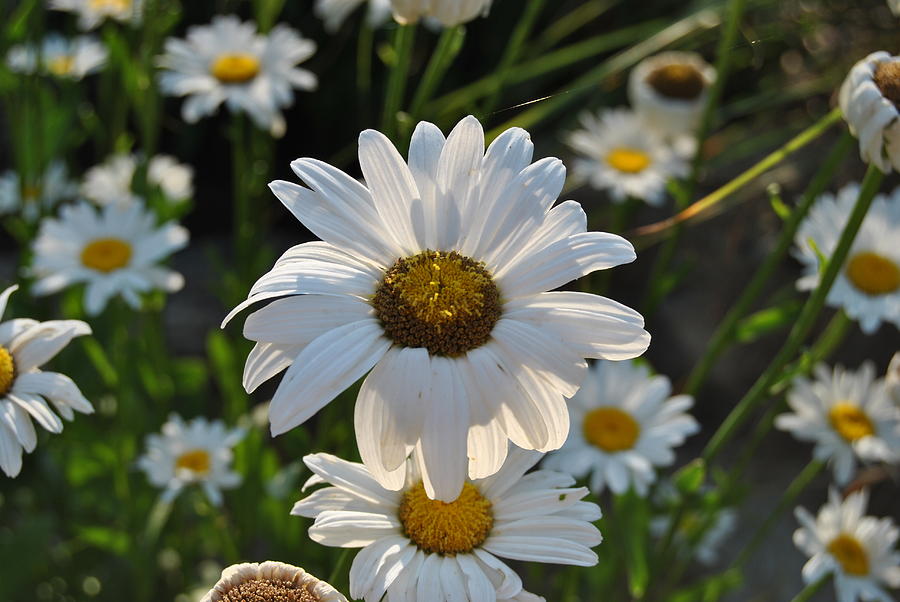
Mountain Daisy Photograph by Carl Hall
To A Mountain Daisy. Wee, modest crimson-tipped flow'r, Thou's met me in an evil hour; For I maun crush amang the stoure Thy slender stem: To spare thee now is past my pow'r, Thou bonie gem. Alas.
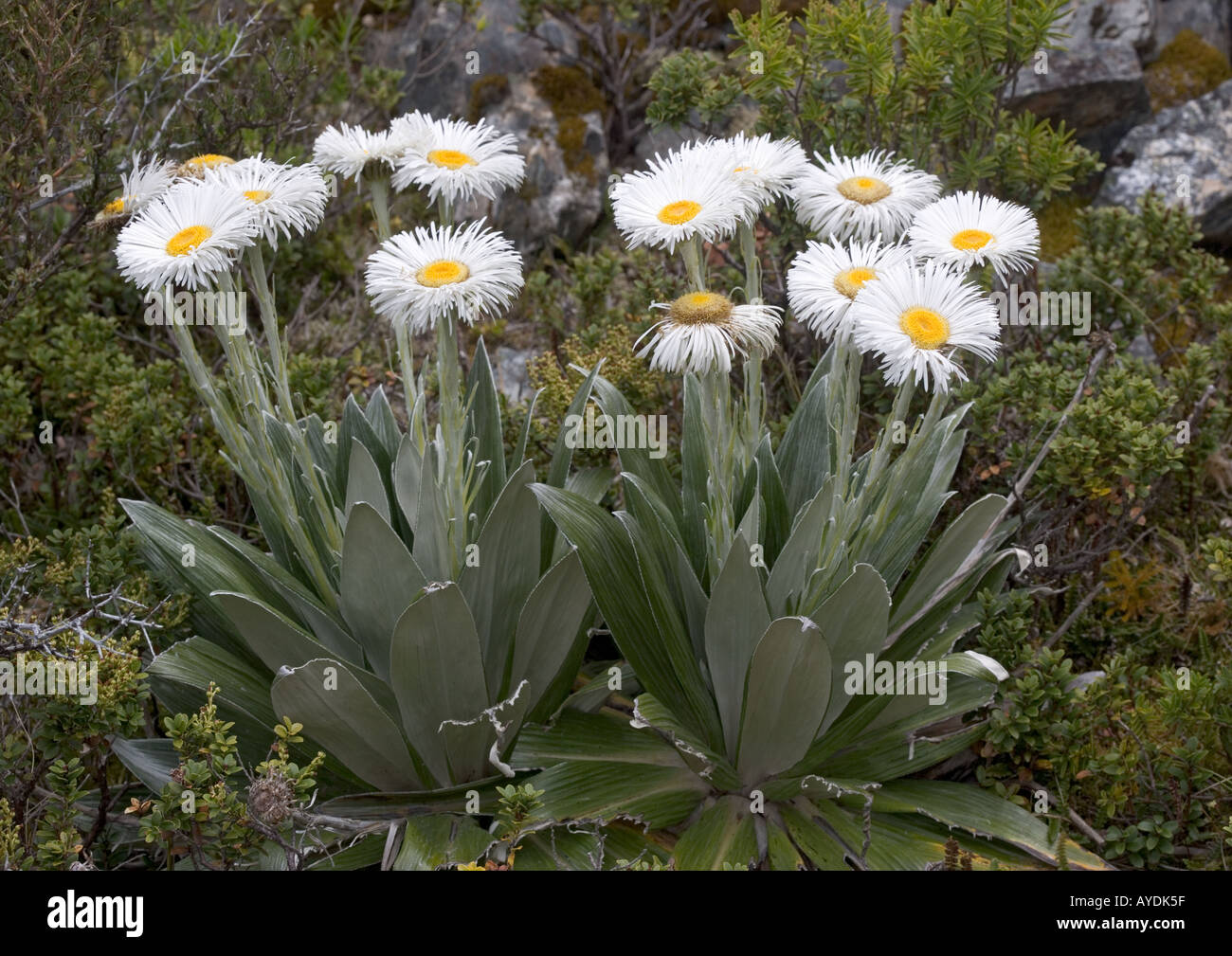
Large Mountain Daisy (Celmisia semicordata) in the southern alps South
The Mountain Daisy: With Jack Conway, Viola Barry. Jack Spencer, a tenderfoot photographer, arrives on the stagecoach, and the next day meets Daisy Layson while he is out taking pictures. The young people are mutually attracted, but Mr. Layson has already selected Bert Howard as his prospective son-in-law, and will not give his consent to his daughter's marriage with Jack.
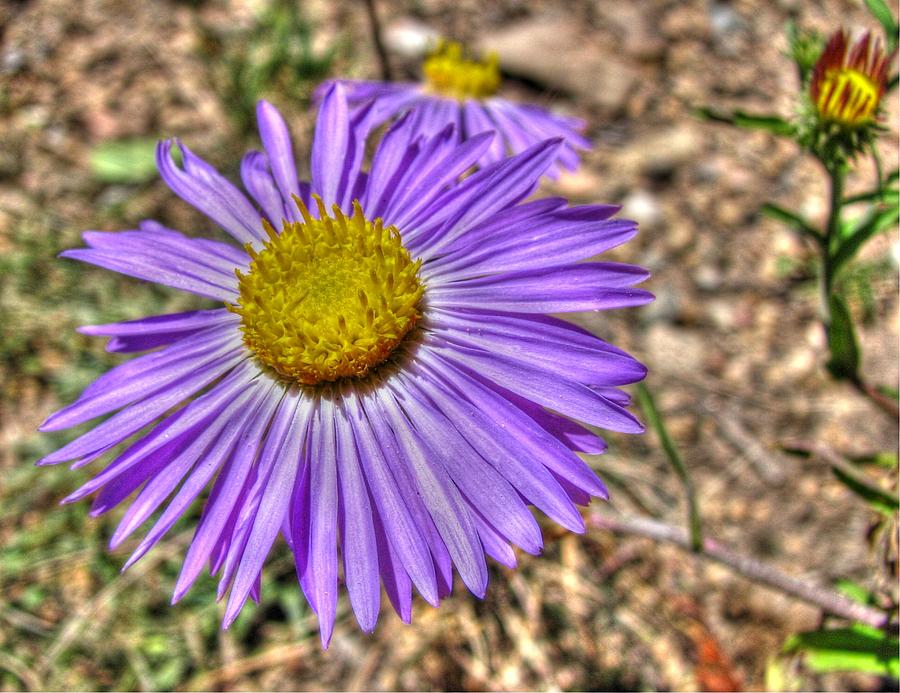
Purple Mountain Daisy Photograph by Aaron Burrows Pixels
The Mountain Daisy is a historic pub located in the Millfield area of Sunderland, just west of the city centre. A historic venue which boasts to be one of the oldest continuously run pubs in the area, the Mountain Daisy was opened in the year 1902 and was designed by local architects W. & T. R. Milburn.
A Mountain Daisy? Photos, Diagrams & Topos SummitPost
The Mountain Daisy Sunderland , City of Sunderland. 344 likes · 38 talking about this · 6 were here. Welcome to the Mountain Daisy. We are a local bar.
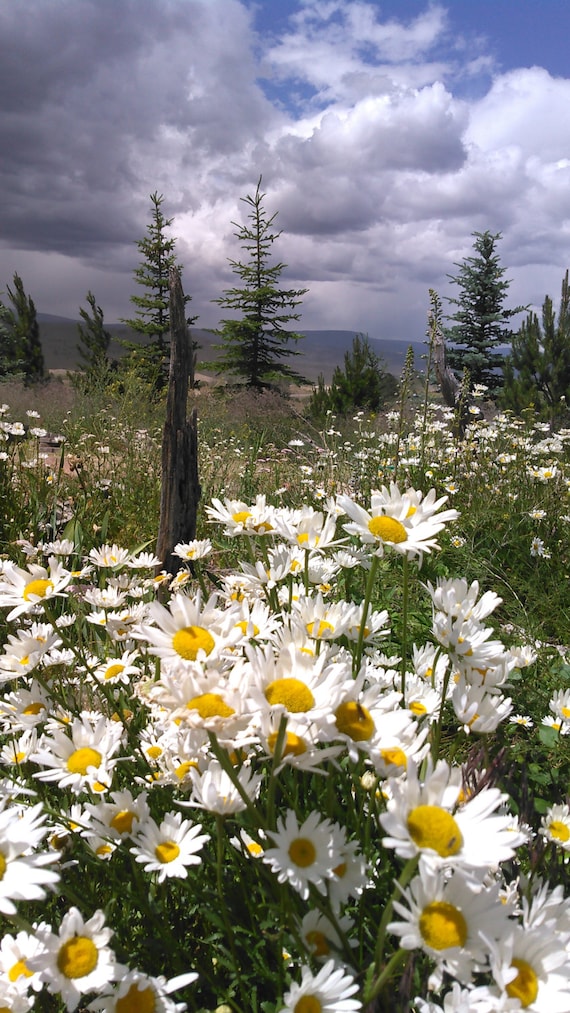
Mountain Daisy Flower Seeds Shasta Daisy Wildflower Seeds.
"To a Mountain Daisy" is one of the best poems of Burns and the title refers that it is dedicated to a Scottish mountain called 'Daisy'. This poem was written about a year, 1786. This is probably the year where the poem is being written. according to the critics, this is a romantic poem along with imagery. Table of Contents Summary
Celmisia semicordata large mountain daisy Herbaceous Perennial/RHS
" To a Mountain Daisy ", On Turning one Down, With The Plough, in April 1786 is a Scots poem written by Robert Burns in 1786. It was included in the Kilmarnock volume of Burns's poems, published in that year. [1] The poem tells of how the poet, while out with the plough, discovers that he has crushed a daisy's stem.
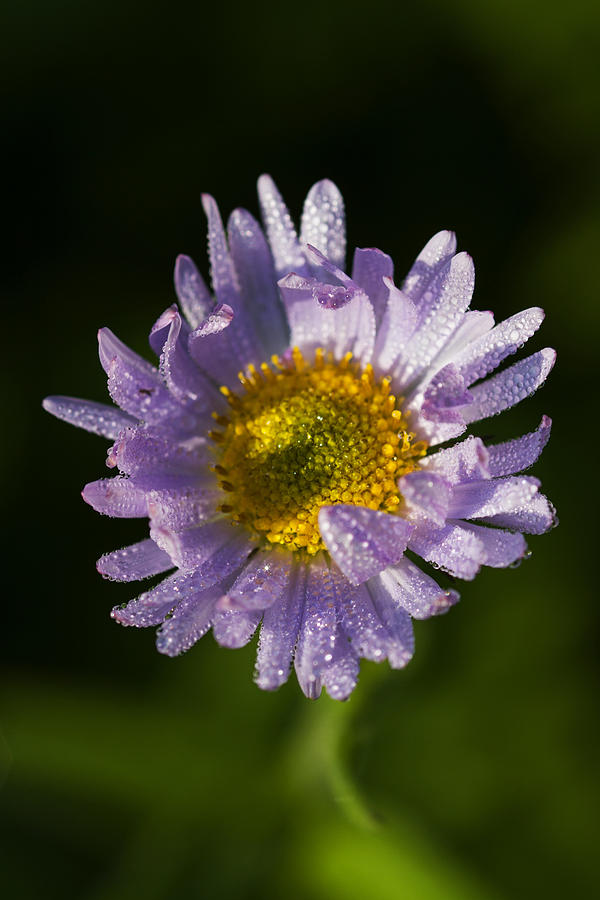
Mountain Daisy Photograph by Mark Kiver Fine Art America
This hike is located near New River, AZ. From the Phoenix area, take I-17 North to the Anthem Way exit. Turn right onto Anthem Way and drive about 0.2 miles to the traffic light at Navigation Way. Turn left onto Navigation Way and drive about 0.6 miles. The access to the trail is on the left, in between some houses and at the intersection of.

Mountain Daisy; Fleabane Visit Rainier
To a Mountain Daisy The verse stanza used is the 'Standard Habbie' from the 17th century poem Habbie Simson the Piper of Kilbarchan by Robert Sempill. Burns had a knowledge of traditional verse forms but used the Standard Habbie so extensively that it has become known as the 'Burns Stanza'

Mountain daisy flower (Celmisia verbascifolia), Fjordland National Park
Mountain daisy (2nd of 3) Next. Large mountain daisies are a feature of New Zealand's alpine grasslands. There are nearly 50 species of mountain daisy ( Celmisia) growing in alpine habitats in New Zealand. They all have white ray flowers surrounding a central disc of tiny yellow flowers. Share this item.
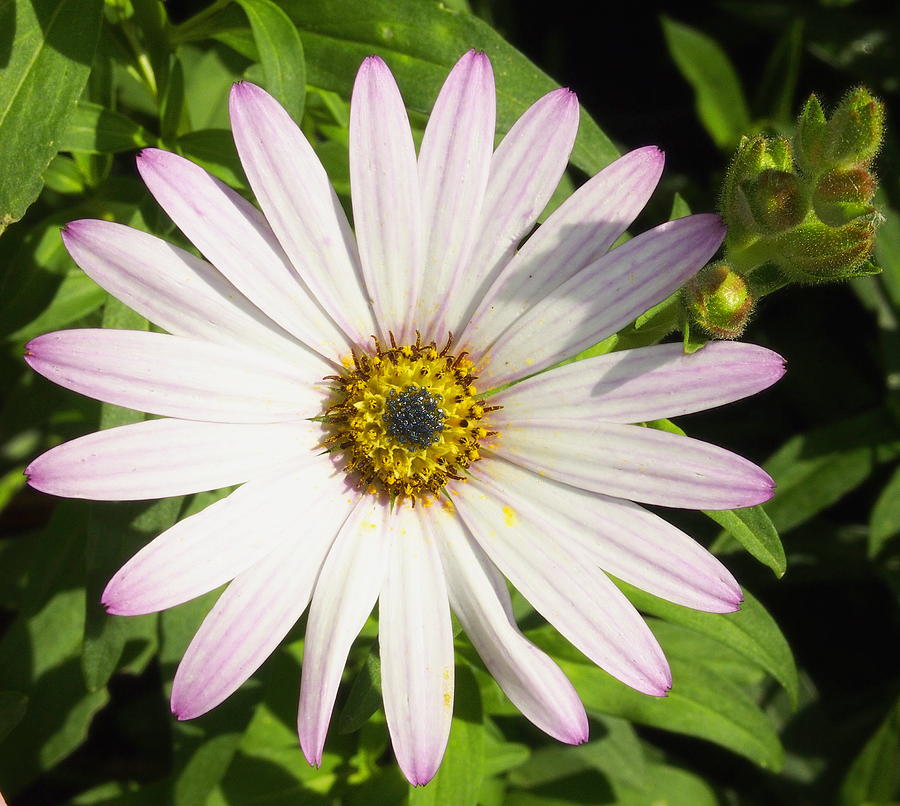
Flower White And Purple Colorado Mountain Daisy Photograph
To a Mountain Daisy Robert Burns On Turning One Down with the Plow, in April, 1786 Wee, modest, crimson-tippèd flow'r, Thou's met me in an evil hour; For I maun crush amang the stoure Thy slender stem: To spare thee now is past my pow'r, Thou bonie gem. Alas! it's no thy neibor sweet, The bonie lark, companion meet, Bending thee 'mang the dewy weet